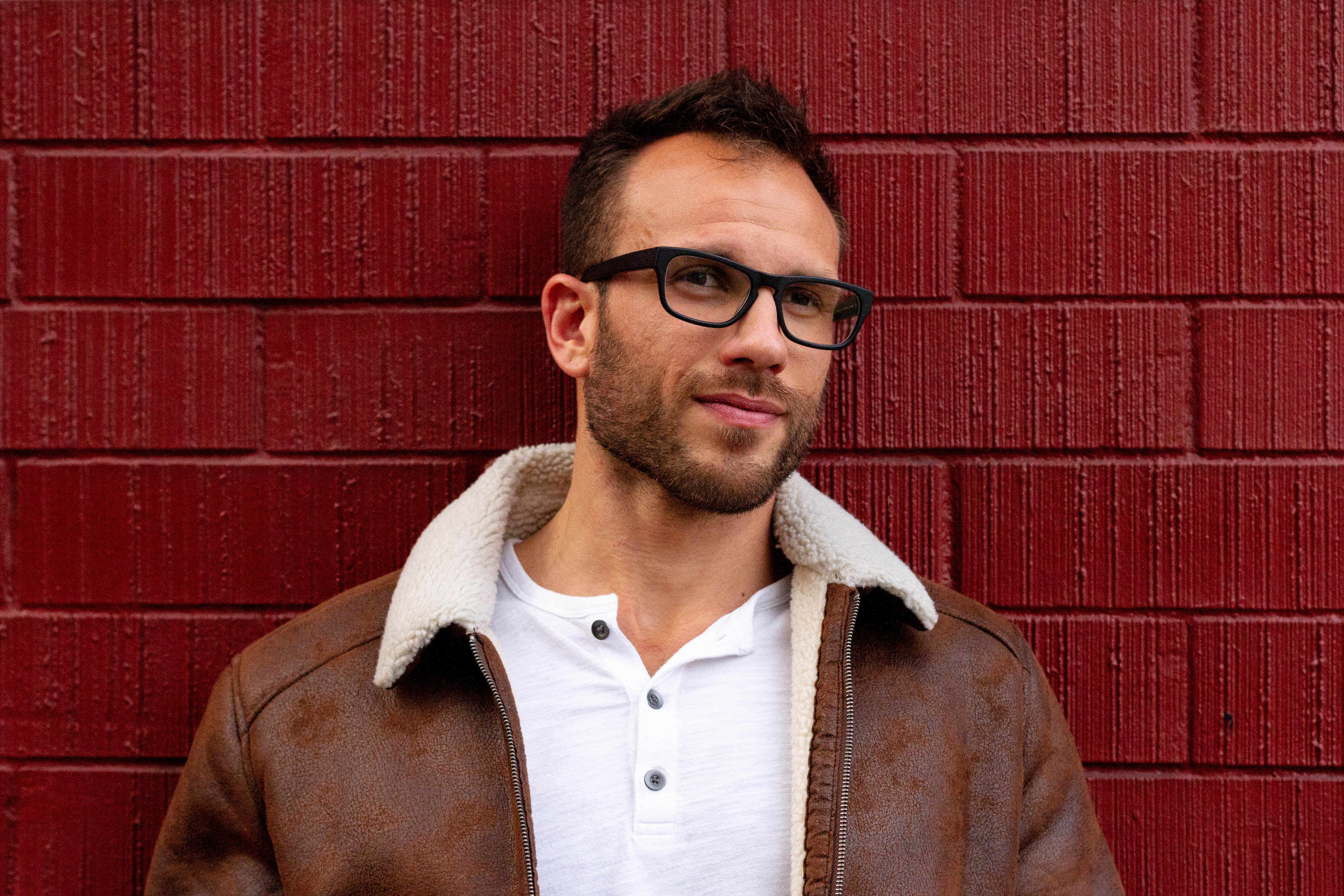Welcome to our special section, Thrive on Campus, devoted to covering the urgent issue of mental health among college and university students from all angles. If you are a college student, we invite you to apply to be an Editor-at-Large, or to simply contribute (please tag your pieces ThriveOnCampus). We welcome faculty, clinicians, and graduates to contribute as well. Read more here.
“Can you promise me everything’s going to be okay?”
I can barely make out the words my little brother is saying in between the torrential sobs, but I gather his girlfriend just left him. This one is bad, even for him (and just between us he’s already a bit of a crybaby). I’m standing 1,000 miles away from him in a VA parking lot, but the passion pouring through my cell phone leaves me feeling like I’m trying to put out a forest fire with a teacup.
I picture him sitting in his bedroom next to the wall covered with the ballcaps he’s collected from all fifty states. My brother, my little baby 23 year old brother — who’s taller and stronger than me — curled up in a heap, his straw blond hair a mess, his green eyes red with tears, and the big nose I always make fun of him for scrunched up in pain. The long distance relationship he worked so hard for has gone down in a blaze. Now he’s begging me — pleading me — to tell him everything will be alright, but for the life of me, I can’t bring myself to. How do you tell someone you love something you don’t believe?
It’s ironic, come to think of it, that he’s asking me to tell him everything will be okay. He’ll be the first to tell you that optimism has never been my strong suit and cynical is the lighthearted way he’d describe me. Of course, I like to think of myself as pragmatic: I’ve seen children with their limbs blown off, elders left by their families to die in the desert, and I’ve stared into the cold, greedy eyes of a sexual predator. How do you tell someone they’re going to be okay when you’ve assessed the world as being about 73% crap with the rest being inaccessible to us normal people? My baby brother is sitting in his room, having tapped into his whole new version of personal misery, asking me to be a big brother and give him words of comfort. But all I can think to say is: We live, we hurt, we die. That’s it. By the way, have I mentioned we’re all slowly dying?
But maybe that’s the key right there. Maybe there’s an ember glowing deep inside this pile of emotional ashes. It lures you in and warms you with its light but burns you if you try to hold it too tightly. Existence — the raw, unadulterated state of being: I hurt, therefore I am. The perturbation of pure life oscillates against our otherwise banal flatline with waves of unpredictable frequency and overwhelming amplitude. They rip us up, tear us down and reduce us to pathetic, sobbing messes. But through the painful crests, heaves and troughs, I know I can be certain of at least one thing — I am alive.
And at the risk of sounding optimistic, I admit there is something I hold onto: as long as there are things left to feel that are worth feeling, I will chase them. I believe that — no matter how far out of reach they are at the moment — there is still a sunrise from the top of a mountain that I must see, an embrace from a friend I haven’t met yet that I must hold, a song by a caged bird that I must set free. That, to me, is hope.
Hope is the reason I’m a thirty-year-old first generation, low income, immigrant college undergraduate. Hope is the reason I wake up early every morning and stay up working late at night. Hope is the reason I take this pen and write into the void so that others in pain can feel less alone. Hope is the reason I was able to tell my brother that yes, it would hurt and yes, it would take time but that yes — everything would eventually be ok.
Subscribe here for all the latest news on how you can keep Thriving.
More on Mental Health on Campus:
What Campus Mental Health Centers Are Doing to Keep Up With Student Need
If You’re a Student Who’s Struggling With Mental Health, These 7 Tips Will Help
The Hidden Stress of RAs in the Student Mental Health Crisis

